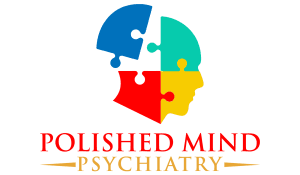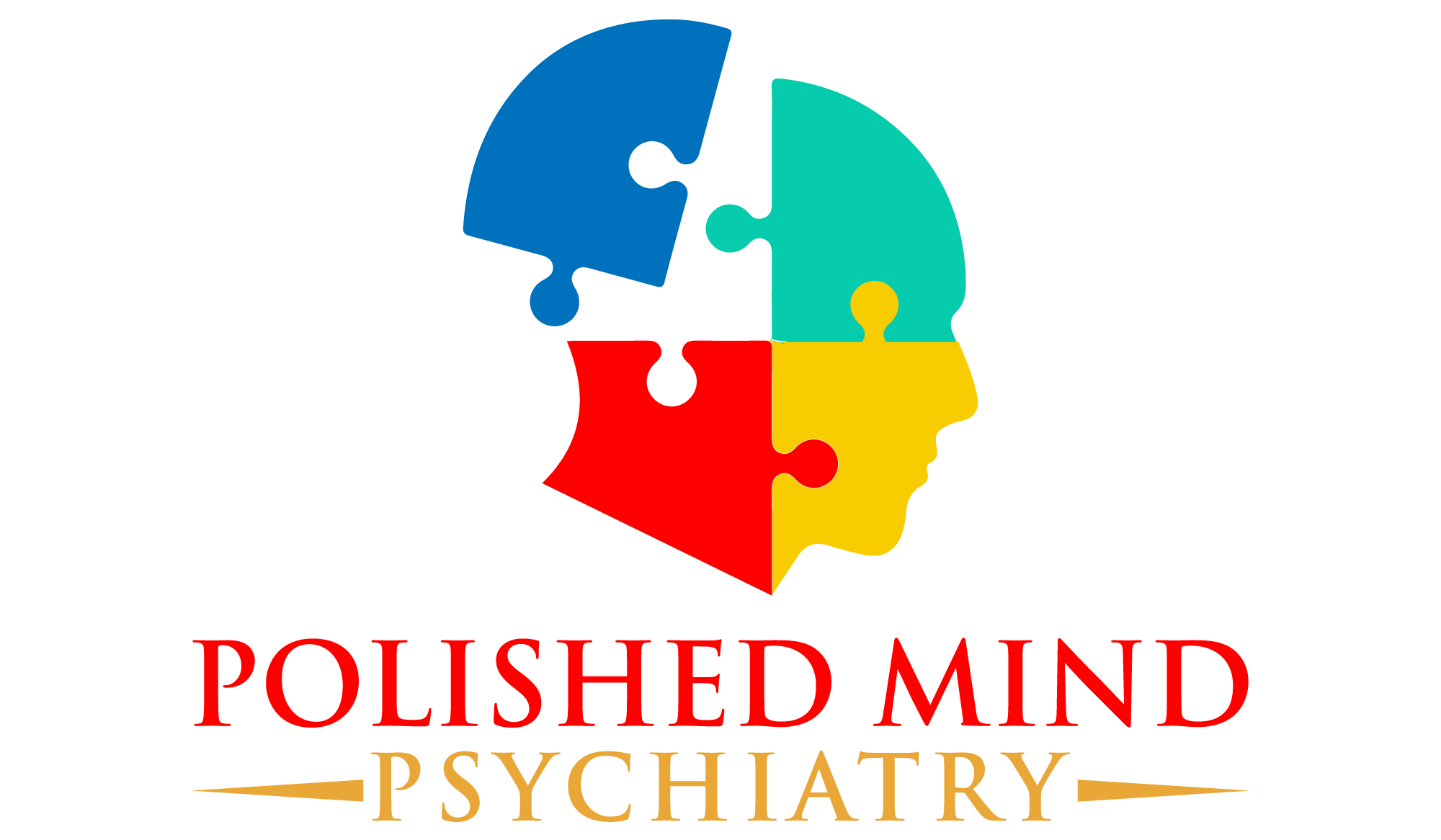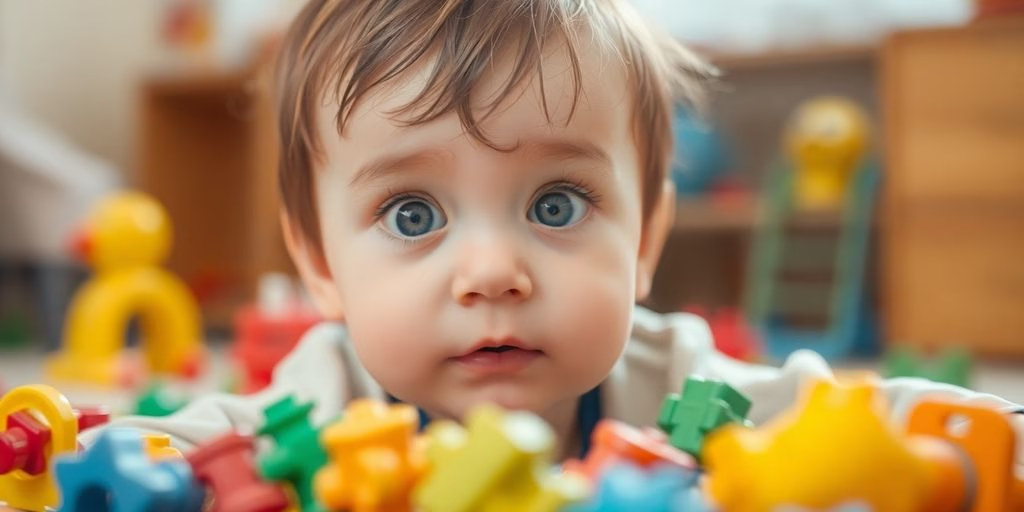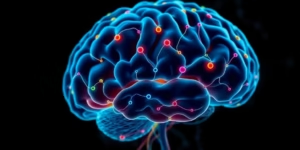Spotting the signs of ADHD in kids can be a challenge for many parents. This condition, which affects how children focus, learn, and behave, often shows up in different ways. Understanding these common indicators is the first step toward getting your child the right support. It’s about recognizing patterns that might be impacting their daily life, from schoolwork to friendships. This guide aims to help parents identify these signs and know what to do next.
Key Takeaways
- ADHD in children can present as difficulty focusing, being overly active, or acting without thinking.
- These behaviors can affect a child’s school performance, social interactions, and overall daily routine.
- Seeking professional evaluation is important for an accurate diagnosis and to develop a supportive treatment plan.
Understanding the Core Signs of ADHD in Kids

Attention-deficit/hyperactivity disorder (ADHD) is a common neurodevelopmental condition that affects many children. It’s characterized by patterns of inattention and/or hyperactivity-impulsivity that can interfere with how a child functions or develops. Recognizing these signs is the first step for parents seeking to understand and support their child. At Polished Mind Psychiatry, we help families identify and manage ADHD symptoms, offering a path toward better well-being. Our services are available virtually in states like TX, WA, CA, IA, and NY, making expert care accessible.
Inattentive Behaviors That May Indicate ADHD
Children with ADHD might show signs of inattention that can be easily missed or mistaken for typical childhood forgetfulness. It’s important to look for a persistent pattern of these behaviors that significantly impact their daily life, like schoolwork or social interactions. Some common indicators include:
- Difficulty sustaining attention: This can manifest as trouble focusing on tasks or play activities, often seeming not to listen when spoken to directly. They might make careless mistakes on schoolwork or other activities because they overlook details.
- Easily distracted: A child might frequently get sidetracked by unrelated thoughts or external stimuli, making it hard to finish tasks or follow through on instructions.
- Trouble organizing tasks and activities: This can look like messy work, poor time management, and difficulty keeping track of belongings or completing assignments.
- Forgetfulness in daily activities: Forgetting chores, appointments, or even where they put their belongings can be a common sign.
It’s worth noting that these behaviors are not just occasional lapses. They are persistent and occur in multiple settings, such as home and school. If you’re seeing these patterns regularly, it might be time to explore potential ADHD indicators.
Hyperactive and Impulsive Traits in Children
Hyperactivity and impulsivity are the other core components of ADHD. These traits can present differently in children, but they often involve excessive physical movement and difficulty with self-control. Key signs to watch for include:
- Fidgeting or squirming: A child might constantly be on the move, tapping hands or feet, or squirming in their seat, even when asked to sit still.
- Inability to stay seated: They may frequently get up and move around in situations where sitting is expected, like in the classroom or during meals.
- Excessive talking: Talking a lot, often interrupting others, can be a sign of hyperactivity.
- Impulsive actions: This can include blurting out answers before questions are completed, having difficulty waiting their turn, or interrupting conversations and games.
These behaviors can sometimes be challenging for parents and educators to manage. Understanding that these are symptoms of a neurodevelopmental condition, rather than intentional misbehavior, is key. If you suspect your child might have ADHD, seeking professional evaluation is a good next step. You can learn more about our services and schedule an appointment at Polished Mind Psychiatry.
It’s important to remember that a diagnosis of ADHD is based on a pattern of behaviors that are more severe and persistent than what is typical for a child’s age and developmental level.
If you’re concerned about your child’s development and behavior, reaching out for professional support is a positive step. Polished Mind Psychiatry offers evaluations and treatment plans tailored to your child’s needs. Consider booking an appointment to discuss your concerns: book an appointment.
Navigating ADHD: A Parent’s Approach to Support

Once you’ve recognized the signs of ADHD in your child, the next step is figuring out how to best support them. It’s not always easy, and there’s a learning curve for everyone involved. Polished Mind Psychiatry understands that parenting a child with ADHD comes with unique challenges, and they offer resources to help families in Texas, Washington, California, Iowa, and New York.
Recognizing the Impact of ADHD on Daily Life
ADHD can affect many parts of a child’s day-to-day existence. It’s more than just difficulty focusing in school. Think about how it might show up at home, during playtime, or even during simple routines like getting ready in the morning.
- Organization: Keeping track of belongings, homework, or even just their room can be a struggle.
- Time Management: Estimating how long tasks will take or transitioning between activities can be tough.
- Emotional Regulation: Kids with ADHD might have bigger reactions to frustration or disappointment.
- Social Interactions: Difficulty waiting their turn or interrupting conversations can sometimes strain friendships.
Understanding these impacts helps parents create a more supportive environment. It’s about recognizing that these aren’t intentional behaviors meant to cause trouble, but rather symptoms of a neurodevelopmental difference. For parents seeking to understand these impacts more deeply, resources on child and adolescent ADHD can be very helpful.
It’s important to remember that consistency and clear expectations go a long way. When a child knows what’s expected and understands the consequences of their actions, they are better equipped to manage their behavior.
Seeking Professional Guidance for Your Child
While parents play a vital role, professional support is often necessary for effective ADHD management. Getting a proper diagnosis and developing a treatment plan is key. This often involves a team approach, and Polished Mind Psychiatry is here to help.
Here’s what seeking professional help might look like:
- Evaluation: A thorough assessment by a qualified professional to confirm an ADHD diagnosis and rule out other conditions.
- Treatment Planning: Developing a personalized plan that might include behavioral therapy, parent training, and sometimes medication.
- Ongoing Support: Regular check-ins to monitor progress and make adjustments to the treatment plan as needed.
Effective management of ADHD behaviors relies on structure, clear instructions, and consistent praise for good conduct, rather than punishment or yelling. This approach fosters positive reinforcement and helps children with ADHD thrive. If you’re in Texas, Washington, California, Iowa, or New York, and you’re looking for expert guidance, consider reaching out to Polished Mind Psychiatry for an evaluation and support. They can help you create a plan to support your child’s unique needs.
Helping your child with ADHD can feel like a big task, but you’re not alone. Discover simple ways to offer support and make a real difference. Learn more about effective strategies for parents on our website.
Moving Forward with Understanding and Support
Spotting the signs of ADHD in kids is a big step for parents. It’s not always easy, and sometimes things can feel overwhelming. But remember, understanding these signs is the first part of getting your child the right help. Treatment plans for ADHD often need tweaking as kids grow and change, so working closely with a doctor is key. They can help adjust things as needed. If you’re feeling unsure or want to explore options, reaching out to a professional is a good idea. Polished Mind Psychiatry offers personalized care and telehealth options, making it easier to get the support your child needs. Don’t hesitate to book an appointment to discuss your concerns and start a path toward helping your child thrive.
Frequently Asked Questions
What are the main signs parents should look for to suspect ADHD in their children?
ADHD can show up in kids in a few main ways. Some children have trouble paying attention. They might seem to not listen when spoken to, lose things often, or get easily distracted. Others might be very active and have a hard time sitting still, often fidgeting or running around when they shouldn’t. Many kids also act without thinking, which is called impulsivity. This can mean interrupting others a lot or having trouble waiting their turn. It’s important to remember that these signs need to be present in more than one setting, like at home and at school, and affect their daily life to be considered ADHD.
How does ADHD typically affect a child’s daily life and activities?
When a child has ADHD, it can make everyday tasks tricky. For instance, homework might take much longer because they get sidetracked easily. Keeping their room tidy or remembering to do chores can also be a challenge. Socially, they might struggle with friendships because their impulsivity or inattentiveness can sometimes upset other kids. It’s not about being naughty; it’s about how their brain works differently. Recognizing these impacts helps parents understand what their child is going through.
What should parents do if they think their child has ADHD?
If a parent suspects their child might have ADHD, the best first step is to talk to a doctor or a mental health professional. They can do a thorough evaluation to see if ADHD is the right diagnosis. Polished Mind Psychiatry, for example, offers services for child and adult ADHD and provides personalized care. They can help figure out the best way to support the child, which might include therapy, strategies for home and school, or sometimes medication. Getting professional advice is key to helping the child thrive.





